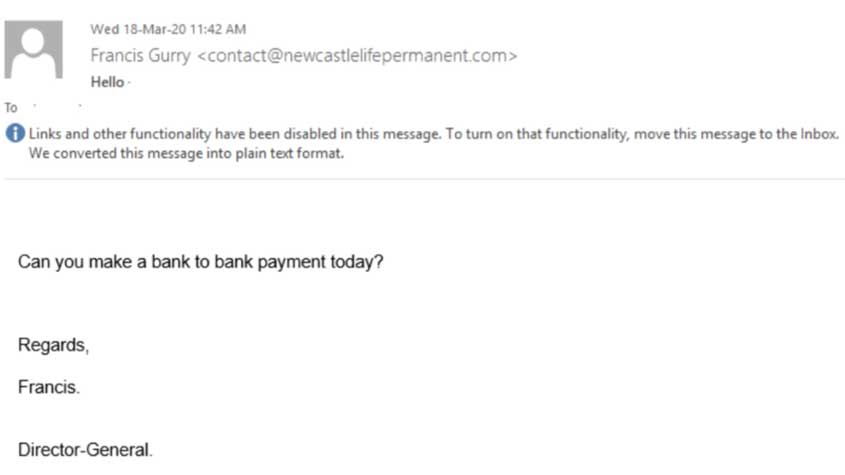Warning – Hoax Emails / Phishing Scams, or Fraudulent Payment Requests
It has come to the attention of WIPO’s Finance Division that fraudulent attempts have been made to acquire information, or request payment, on behalf of the Organization.
Although seemingly legitimate, these requests bear no connection to WIPO or to any of our Services. These are often email “phishing” attempts to obtain personal or company information, which may then be used for illegal purposes such as to create a fake invoice. They may also include links to a fraudulent replica of a home page.
These requests are typically designed to look like legitimate ones from an official source, but are created by unscrupulous companies and individuals who are trying to defraud you. WIPO continues to raise awareness about these fraudulent schemes and work with governments to take action against those responsible.
Do not be misled!
If you receive a request or notice which raises any doubts in your mind:
- Contact WIPO’s Finance Infoline directly at +41 22 338 77 44 to discuss, leave a message or request a call back or use the Finance Contact form;
- Send any misleading invoices, or suspicious requests (particularly payment requests) to: finance.infoline@wipo.int;
- Hover your mouse over any suspicious email address to get more information and determine whether the email address legitimately comes from wipo.int;
- When transmitting bank details for refunds, only use WIPO’s Refund Request form.
- If in doubt, do not provide information, make any payment or click on any link;
- Contact your information security team or attorney as appropriate;
- Check WIPO's website for invoices relating to PCT applications to see whether similar notices have been received by other PCT users. (This page also has links to warnings posted by certain national and regional patent and trademark offices.);
- Check WIPO's website for invoices relating to the Madrid System to see if similar notices have been received;
- Alert all colleagues who might receive such notices;
- Make a complaint to competent government authorities and/or consumer protection groups.
Samples of hoax emails, phishing scams or fraudulent payment requests
(Click to enlarge)

